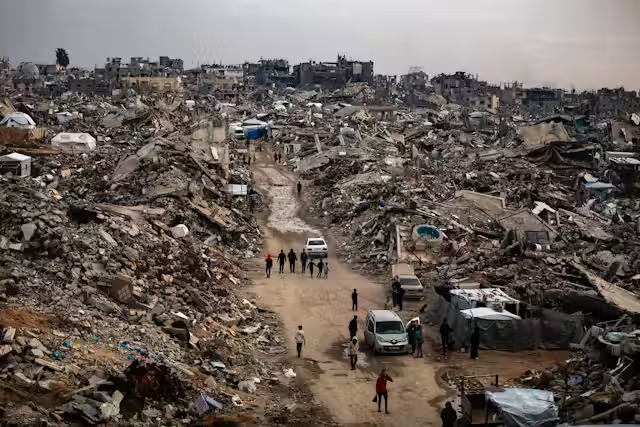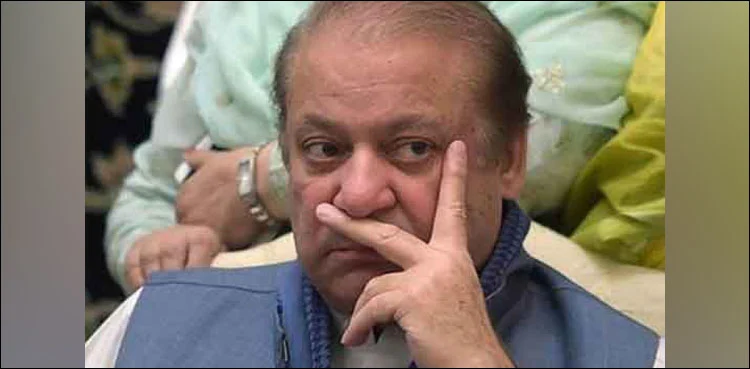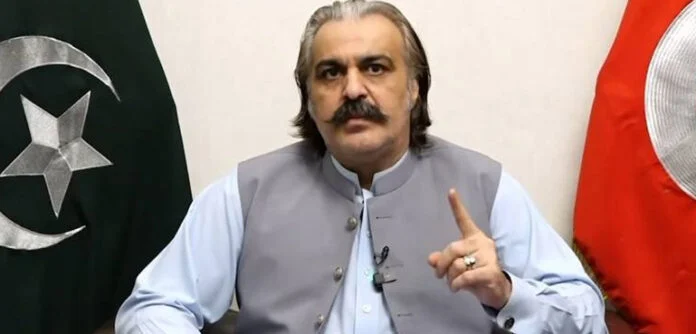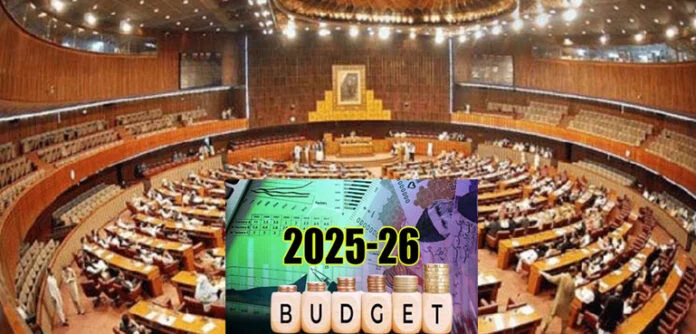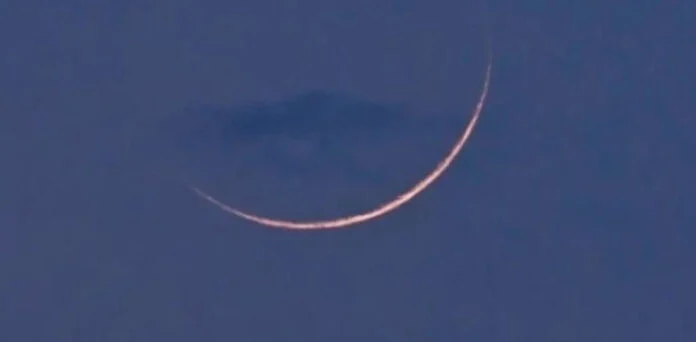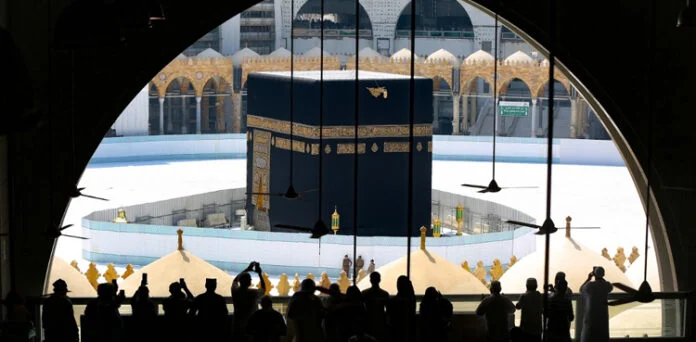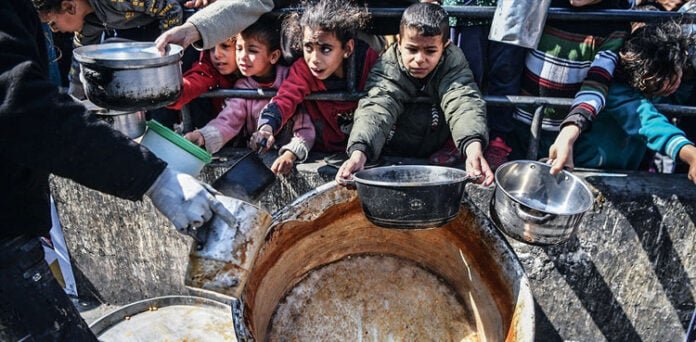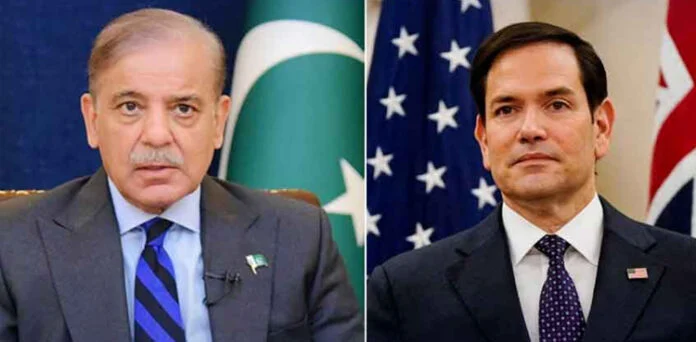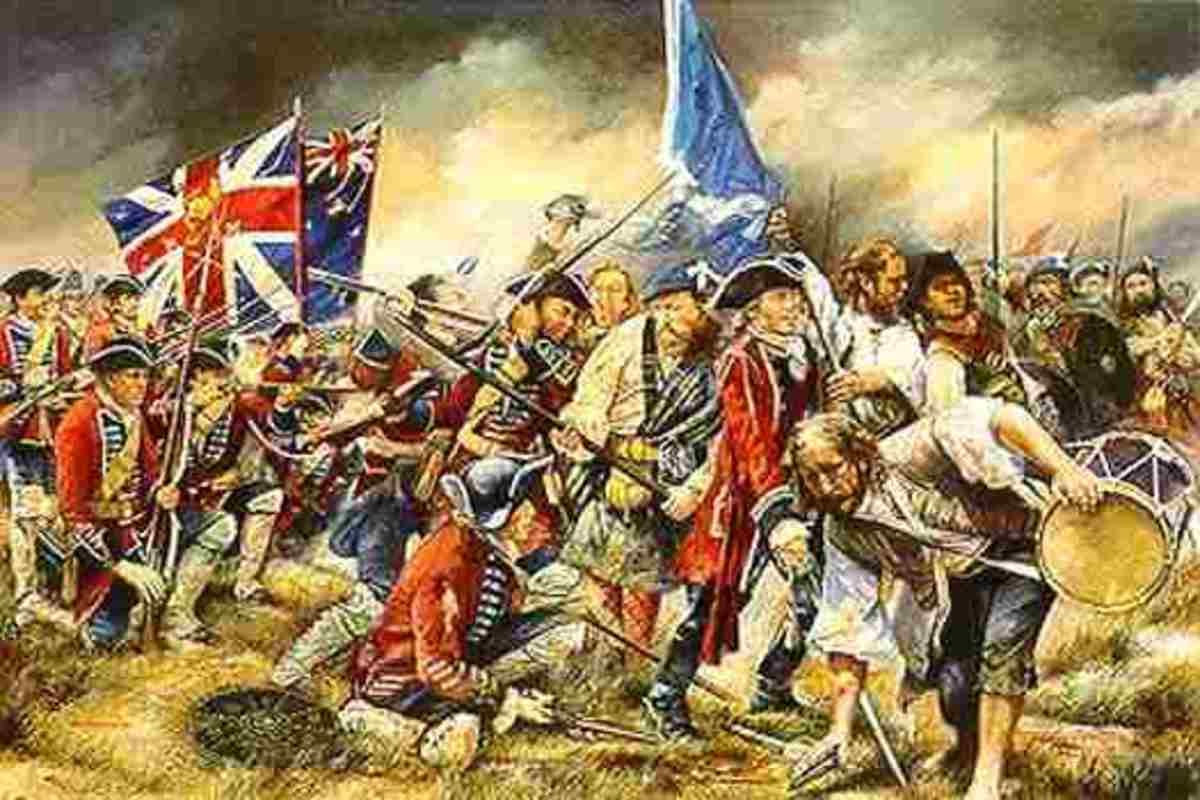
Ireland’s history is a rich tapestry woven with tales of ancient tribes, Viking invasions, British colonization, and a struggle for independence. This small island nation, known for its breathtaking landscapes and vibrant culture, has a past marked by resilience and transformation.
Ancient and Medieval Ireland
The earliest known settlers arrived in Ireland around 8000 BC, with the Mesolithic hunter-gatherers followed by Neolithic farmers who established agriculture around 4000 BC. The construction of megalithic tombs, such as Newgrange, marks this era. By the time of the Celts, around 500 BC, Ireland was divided into several kingdoms. The Celtic culture flourished, bringing with it a rich oral tradition, mythology, and the establishment of Druidic practices.
Christianity began to take root in Ireland during the 5th century, largely attributed to the missionary work of St. Patrick. His influence, along with that of other saints, helped to establish monasteries and centers of learning, making Ireland a beacon of scholarship during the European Dark Ages.
Viking Invasions
In the late 8th century, Viking raiders began to invade Ireland, establishing settlements and trading centers in cities such as Dublin, Waterford, and Limerick. The Vikings’ presence brought significant change, introducing urbanization and trade links with continental Europe. However, by the 11th century, the Irish began to push back against the Norse, eventually assimilating many aspects of Viking culture.
The Normans and English Rule
The arrival of the Normans in the 12th century marked the beginning of centuries of English involvement in Ireland. The English crown sought to expand its control over the island, leading to conflicts with local chieftains. The subsequent centuries saw the establishment of the Protestant Ascendancy, a class of landowners who were mainly of English and Scottish descent, while the majority of the Irish population remained Catholic and disenfranchised.
Tensions escalated through the 17th century, culminating in the Williamite War (1689-1691), which resulted in the Protestant victory at the Battle of the Boyne. This solidified Protestant rule and laid the groundwork for centuries of sectarian conflict.
The Great Famine
The mid-19th century brought one of the most devastating events in Irish history: the Great Famine (1845-1852). A potato blight led to mass starvation, disease, and emigration. Approximately one million people died, and another million left Ireland, drastically reducing the population and leading to significant changes in Irish society and culture.
The Fight for Independence
The early 20th century was marked by a surge in nationalist sentiment, culminating in the 1916 Easter Rising, a rebellion against British rule. Although it was suppressed, it ignited a spirit of resistance. The subsequent War of Independence (1919-1921) led to the establishment of the Irish Free State in 1922, which was a self-governing dominion within the British Commonwealth.
However, the partitioning of Ireland created two separate entities: Northern Ireland, which remained part of the United Kingdom, and the Irish Free State, which would later become the Republic of Ireland in 1949.
Modern Ireland
In the latter half of the 20th century, Ireland underwent significant social and economic transformations. The Republic of Ireland focused on modernization and economic growth, particularly after joining the European Economic Community (now the European Union) in 1973. The “Celtic Tiger” period in the 1990s saw rapid economic growth, driven by technology and foreign investment.
However, the legacy of sectarian conflict continued in Northern Ireland, resulting in decades of violence known as “The Troubles.” The signing of the Good Friday Agreement in 1998 marked a turning point, promoting peace and cooperation between the communities.
Today, Ireland is celebrated for its cultural contributions, including literature, music, and art, as well as its status as a modern, progressive nation. The country continues to navigate its complex identity, balancing its rich historical legacy with contemporary challenges and opportunities.
Conclusion
Ireland’s history is characterized by resilience, cultural richness, and a quest for identity. From ancient tribes to modern governance, the journey of the Irish people is a testament to their enduring spirit and adaptability in the face of change. As Ireland moves forward, its past remains an integral part of its national narrative, shaping the identity of its people for generations to come.



